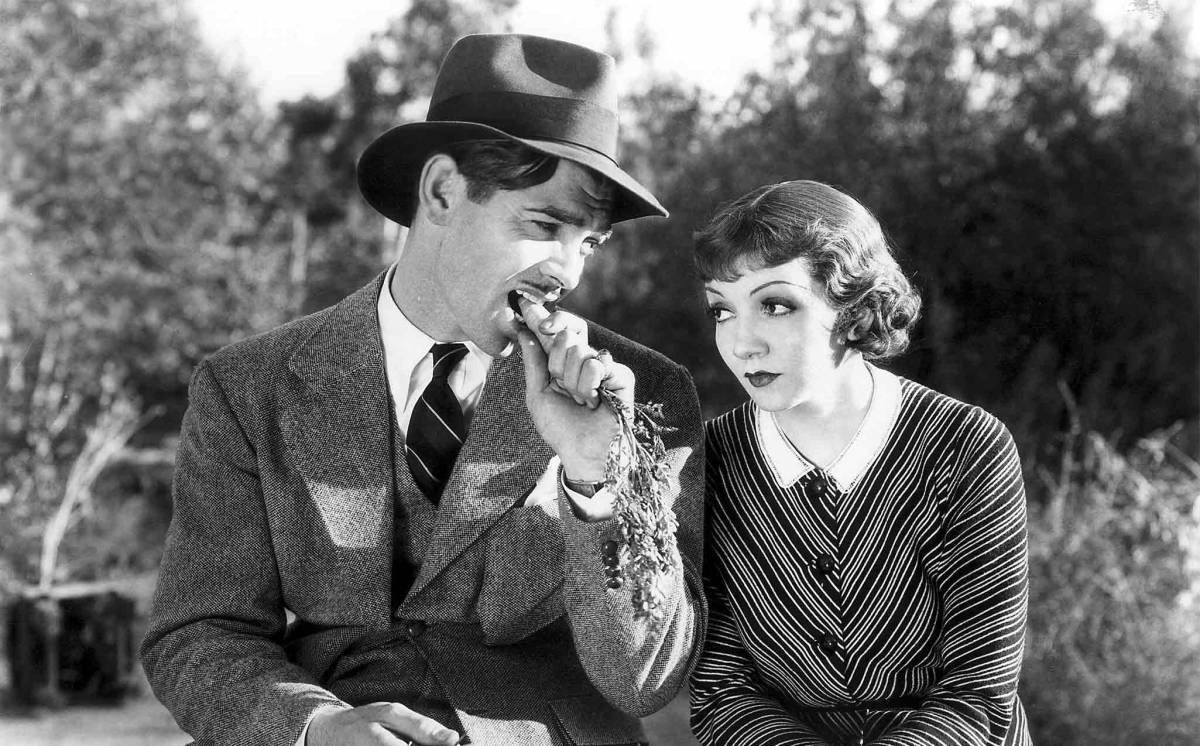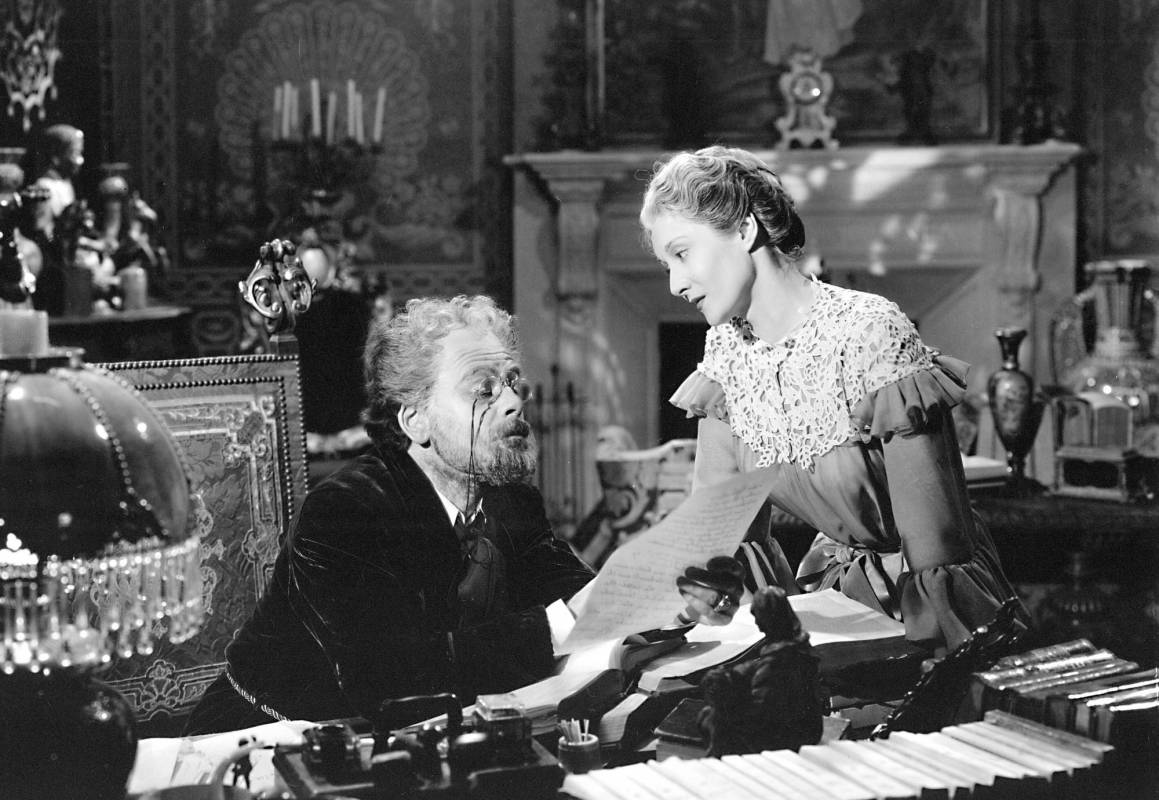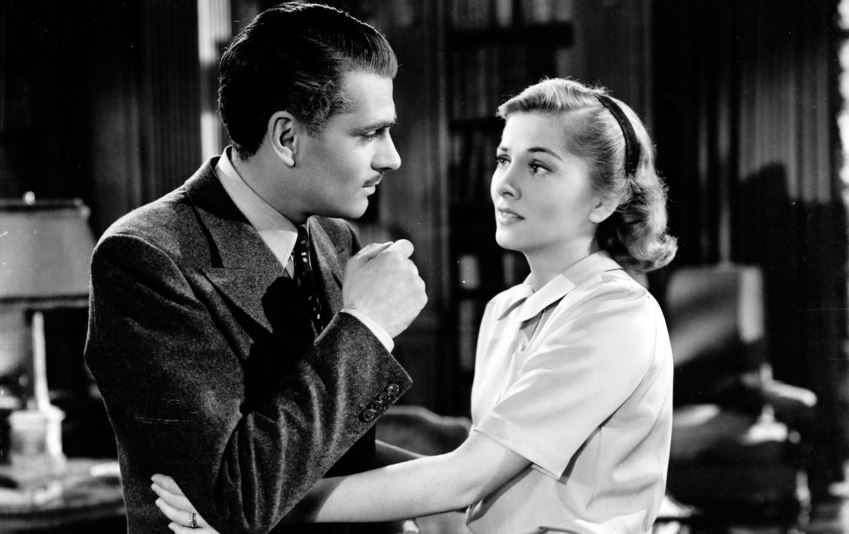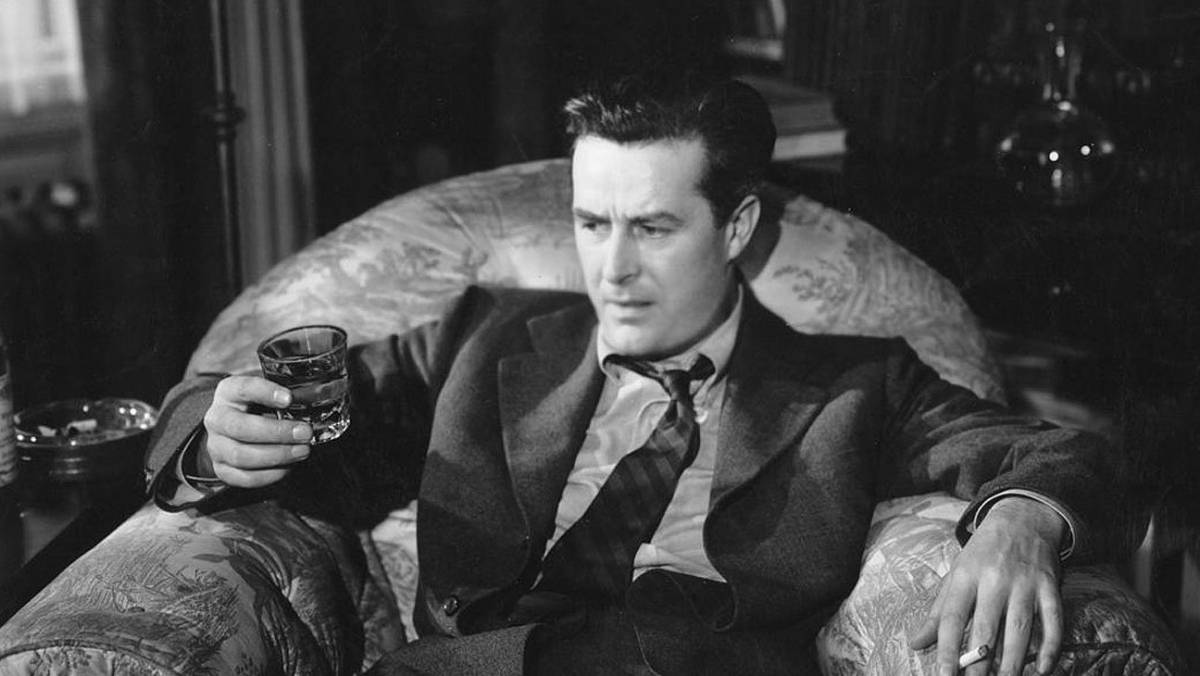I used to have a pretty impressive party trick. Let me take you back to 2008. Picture me as the nerdy 17-year-old that I was, gathered around my WKD-swigging friends, jamming Doritos into tubs of salsa. To break the ice with unsuspecting strangers, I’d have them pick a date before proceeding to tell them which film won Best Picture at the Oscars that year. It was foolproof, and by foolproof I mean a wildly unsuccessful way of making friends.
But why did I know this, you ask? Because, two years prior, I had decided to watch every single movie – no matter how long, no matter how difficult to find – that had won Best Picture since the inception of the Academy Awards in 1927. Crazy? Yes. Pointless? Yes. Satisfying? Hell yes. I am a bubbling fountain of Oscar knowledge. Every Awards Season I get to wear my Best Picture credentials as a badge of honour as I pontificate over who will go home with the coveted statuette.
In this mini-series, we’ll be looking at my perilous journey to Best Picture Domination, the highs and the lows of watching all of the films the Academy of Motion Pictures Arts and Sciences deemed (rightly or wrongly) ‘the best.’ This week, I focus on the underrated gems of the Best Picture corpus, those excellent little films that have unfairly slipped under the radar.
1. It Happened One Night (1934)

One of the reasons I did the Best Picture Challenge was to encounter movies that I never would have watched otherwise. It Happened One Night has become one of my absolute favourites, my go-to mood-booster. A screwball comedy directed by the legendary Frank Capra (It’s a Wonderful Life), the film charters the relationship between down-on-his-luck newspaperman Peter (Clark Gable) and runaway heiress, Ellie (Claudette Colbert). The protagonists – who originally hate each other, much like all other Old Hollywood couples – eventually forge a touching romance, as they travel cross-country to reunite Ellie with her husband. It Happened One Night is hilarious. The superb verbal jousting between Gable and Colbert is made even better by the New York accents slathered thickly on every syllable they utter. It’s a right hoot. There’s also a dash of slapstick humour for those who prefer visual gags. The walls of Jericho are most certainly toppling in this one. Didn’t get that reference? Watch the film.
2. The Life of Émile Zola (1937)

For those of you who don’t know, French novelist Émile Zola was a prominent literary figure in the nineteenth-century and one of the chief proponents of naturalism. The Life of Émile Zola is an exemplary biopic, since it recognises that you cannot condense anybody’s life into 120 minutes. The film therefore glosses over the author’s seminal texts, choosing to centre on Zola’s involvement in the Dreyfus Affair. In one of France’s most shameful moments in recent history, Franco-Jewish officer Alfred Dreyfus was wrongly suspected of colluding with the Germans and was sentenced to life imprisonment on Devil’s Island. With his acclaimed article “J’accuse!” Zola decried the anti-Semitism behind this ruling, underlining that there was no direct evidence to prove Dreyfus’ implication. The Life of Émile Zola is a strong drama that wrestles with big themes (justice, morality, prejudice…) and is anchored by Paul Muni’s stirring portrayal of the title character. Your breath will be baited throughout, I assure you.
3. Rebecca (1940)

Based on the eponymous Daphne du Maurier novel, Rebecca is a gripping psychological thriller directed by the Master of Suspense himself: Mr Alfred Hitchcock. Joan Fontaine plays an unworldly young woman who falls for a sinister aristocrat (Laurence Olivier). Upon marrying her wealthy suitor and moving into his stately home, Fontaine is overwhelmed by the spectral presence of her husband’s late wife, Rebecca, who can be felt in the stationery, handkerchiefs and furnishings. It’s marvellously spooky, illustrating a pre-Psycho/North By Northwest Hitchcock’s mastery, which would later redefine the mystery genre. I feel that, in general, people are aware of the book but haven’t necessarily seen its adaptation. And that’s a crying shame.
4. The Lost Weekend (1945)

The Lost Weekend is a harrowing piece of cinema. It follows alcoholic writer Don (Ray Milland) over the course of his four-day drinking bout, which he spends crumpled on stools in Nat’s Bar until the owner refuses to serve him. He then takes to the streets – begging, stealing, and pawning goods for one more drop of whiskey. This film noir is the most brutally honest depiction of alcoholism I’ve ever seen. The Lost Weekend’s intensity derives from the fact that we fully engage with its substance abuse victim. The audience is plunged into Don’s addled subconscious, witnessing his nightmarish hallucinations and tortured flashbacks. Brooding music claws at your nerve endings as you’re increasingly burdened by Don’s despondency towards life. Ironically, the trailer exclaims that this is “the picture you’ll be talking about for years to come!” It’s saddening that Billy Wilder’s (Some Like It Hot) soul-searching masterpiece is not better known.
5. A Beautiful Mind (2001)

Don’t worry I’ve spared you. Not all of the movies on this list are in black and white. This is, however, another biopic, based on John Nash (Russell Crowe), a Princeton scholar who won the Nobel Prize for Economics in 1994. A Beautiful Mind is a difficult one to talk about without revealing “the spoiler.” I’ll tread with caution. Put simply, Nash’s brilliance in the field of mathematics earns him a position decrypting documents for the US Defence Department, which tests him to his limits. I’ve navigated through the minefield. Bow down. Repeat viewings of A Beautiful Mind are recommended. They’ll reveal a host of incredibly thoughtful details that escaped you the first time. Ron Howard’s drama is heart-warmingly beautiful, an understated classic. It subtly mixes drama, suspense and romance to create a deliciously refreshing cocktail. One scene that sticks out for me is John’s early courtship of his wife Alicia (Jennifer Connelly) when he sketches patterns in the star-spangled sky with her outstretched hand. Adorable.
That’s all for now. Tune in next week when I’ll be berating the Academy for their many, many mistakes.
Some of the coverage you find on Cultured Vultures contains affiliate links, which provide us with small commissions based on purchases made from visiting our site. We cover gaming news, movie reviews, wrestling and much more.



